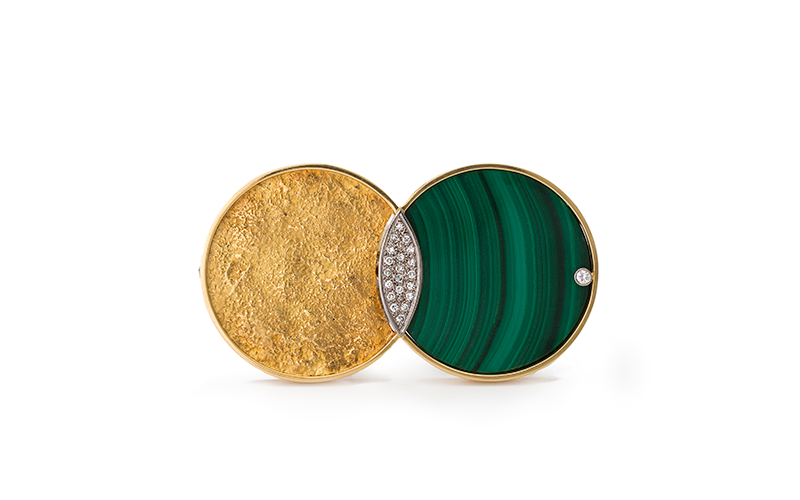- Events & Programs Home
- Calendar
- Accessibility
- Adults
-
Families & Teens
- Families & Teens Home
- 10x10 Teen Art Expo
- Art on the Rise
- Art Together: Art Making for Families with Children Ages 3–5
- Babies Sing with May Festival Minis
- Boy Scouts / Girl Scouts
- CAM Kids Day
- Family Storytime and Gallery Walk
- Family Studio: Art Making for Families with Children Ages 6–12
- Games in the Galleries
- Members-Only Baby Tours
- Public Baby Tours
- REC Reads
- Rosenthal Education Center (REC)
- Saturday Morning Art Class
- See Play Learn Kits
- Summer Camp
- Teen Fest: Zine and Comic Exchange
- RECreate
- Teachers
- Community Outreach
- Fundraisers
- Plan Your Own Event

- Events & Programs Home
- Calendar
- Accessibility
- Adults
-
Families & Teens
- Families & Teens Home
- 10x10 Teen Art Expo
- Art on the Rise
- Art Together: Art Making for Families with Children Ages 3–5
- Babies Sing with May Festival Minis
- Boy Scouts / Girl Scouts
- CAM Kids Day
- Family Storytime and Gallery Walk
- Family Studio: Art Making for Families with Children Ages 6–12
- Games in the Galleries
- Members-Only Baby Tours
- Public Baby Tours
- REC Reads
- Rosenthal Education Center (REC)
- Saturday Morning Art Class
- See Play Learn Kits
- Summer Camp
- Teen Fest: Zine and Comic Exchange
- RECreate
- Teachers
- Community Outreach
- Fundraisers
- Plan Your Own Event
Brooch by Karl Stittgen
Brooch by Karl Stittgen
- Home
- Plan Your Visit
- Art
-
Events & Programs
- Events & Programs Home
- Calendar
- Accessibility
- Adults
-
Families & Teens
- Families & Teens Home
- 10x10 Teen Art Expo
- Art on the Rise
- Art Together: Art Making for Families with Children Ages 3–5
- Babies Sing with May Festival Minis
- Boy Scouts / Girl Scouts
- CAM Kids Day
- Family Storytime and Gallery Walk
- Family Studio: Art Making for Families with Children Ages 6–12
- Games in the Galleries
- Members-Only Baby Tours
- Public Baby Tours
- REC Reads
- Rosenthal Education Center (REC)
- Saturday Morning Art Class
- See Play Learn Kits
- Summer Camp
- Teen Fest: Zine and Comic Exchange
- RECreate
- Teachers
- Community Outreach
- Fundraisers
- Plan Your Own Event
- Give & Join
- About
- Tickets
- Calendar
- Exhibitions
- Collections
- Blog
- Shop

Karl Stittgen (German, worked in Canada, b. 1930), Brooch, 1970s, gold, malachite, diamonds
Audio Description
This brooch was designed in the 1970s by Karl Stittgen, who was a German jewelry designer. Stittgen worked in Canada and was born in 1930.
This brooch is made up of two perfect circles that intersect. Set in polished gold, the left side of the brooch is a circle of textured gold, while the right side is set with a piece of green malachite. Where the two sides intersect in the middle, the oval shape is set with small, faceted diamonds laid side by side. A small faceted diamond is also set on the far edge of the malachite circle.
Label Copy
This brooch was designed in the 1970s by Karl Stittgen, who was a German jewelry designer. Stittgen worked in Canada and was born in 1930.
This very geometric brooch epitomizes the avant-garde work of Karl Stittgen, whose jewelry often employs both polished and textured surfaces. Although most of his work is abstract, it is inspired by organic elements such as tree bark, a bird’s nest, seaweed, or lichen. Interested in making bold statements, he considers his jewelry to be art objects or miniature sculptures. This piece resembles a Venn diagram. The natural striations of the green malachite on one side and the textured gold on the other contrast with the faceted pavé diamonds outlined in white gold where the two intersect.
Having immigrated to Canada from Germany in 1952 with no formal training in jewelry-making, Stittgen believed in making jewelry that fit the person who was to wear it. He was interested in clients who had taste and courage, and he felt jewelry should be a definitive statement of its owner.
Cincinnati, OH 45202
Toll Free: 1 (877) 472-4226
Museum Hours
Museum Shop
Terrace Café
Library
Cincinnati Art Museum is supported by the tens of thousands of people who give generously to the annual ArtsWave Campaign, the region's primary source for arts funding.

Free general admission to the Cincinnati Art Museum is made possible by a gift from the Rosenthal Family Foundation. Exhibition pricing may vary. Parking at the Cincinnati Art Museum is free.
Generous support for our extended Thursday hours is provided by Art Bridges Foundation’s Access for All program.

General operating support provided by:



